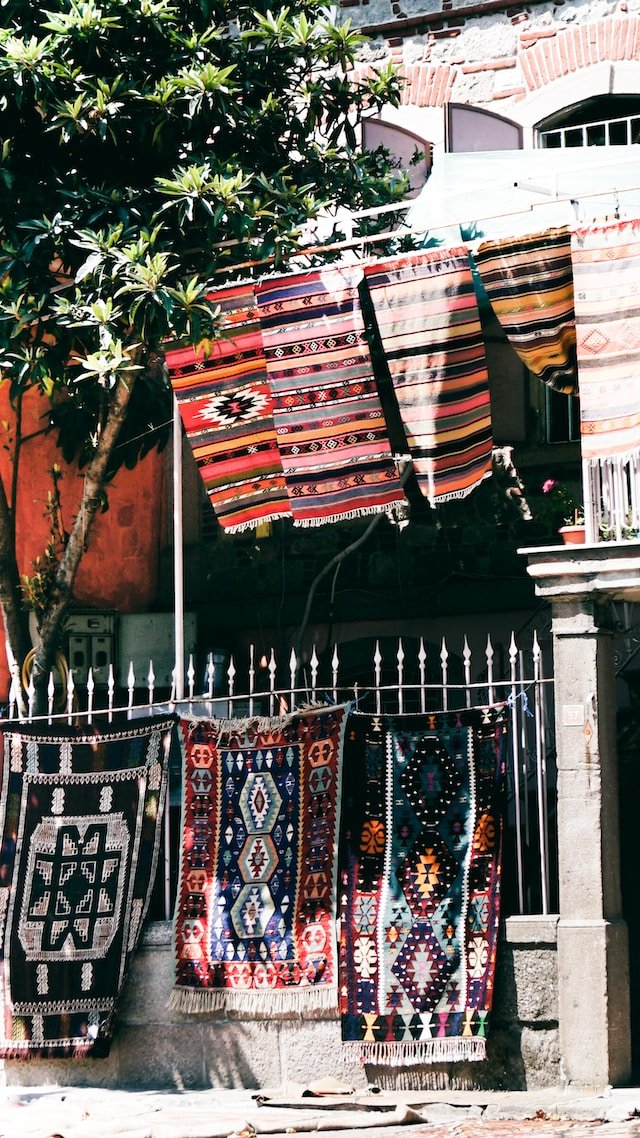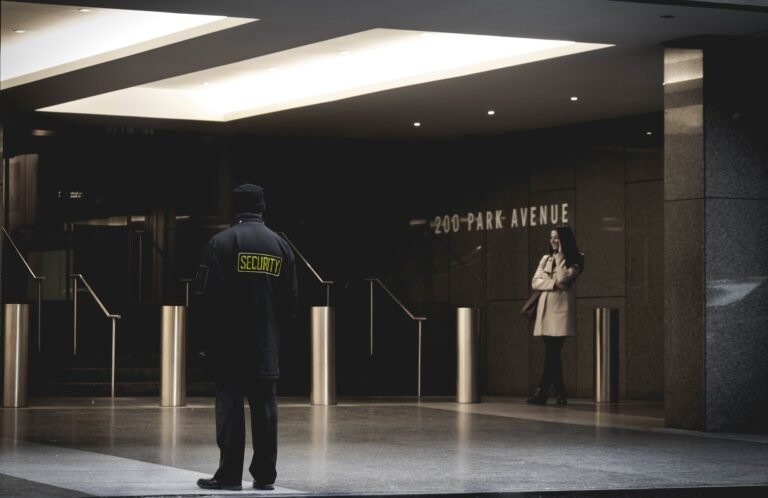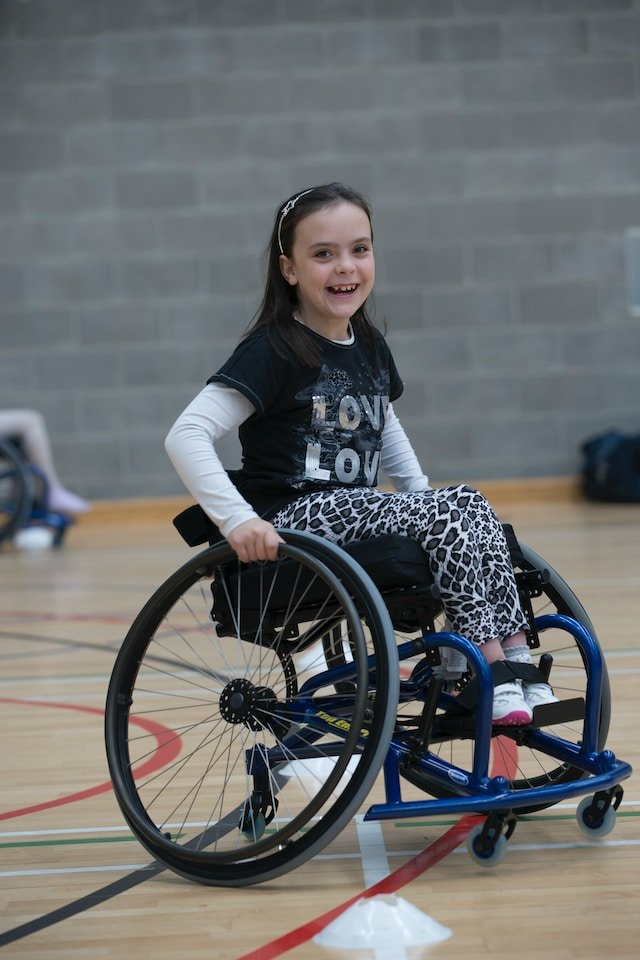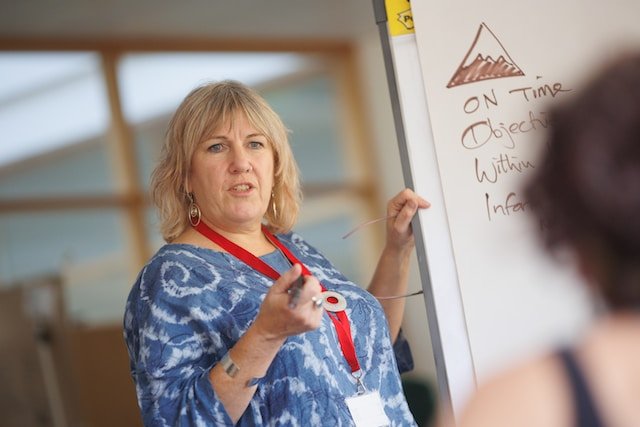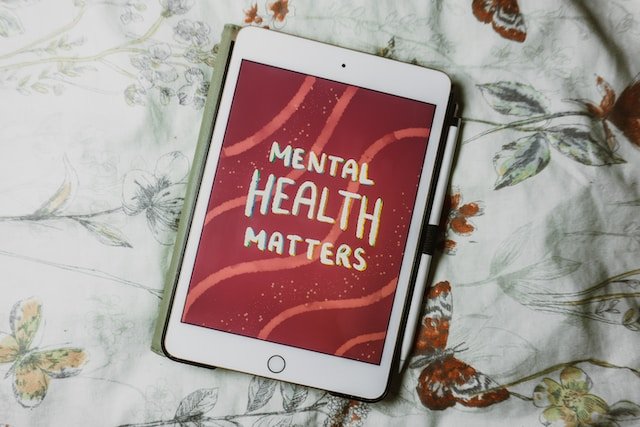How can drama be used to promote cultural diplomacy?
Drama is an art form that transcends language barriers and cultural differences, making it an effective tool for promoting cultural diplomacy. Cultural diplomacy involves the exchange of ideas, values, and customs between different cultures with the aim of building bridges and fostering understanding. In this article, we will explore how drama can be used to promote cultural diplomacy and why it is an effective approach.
Showcasing Different Cultural Perspectives and Traditions
One of the primary ways in which drama can promote cultural diplomacy is by presenting different cultural perspectives and traditions. Through theatrical productions, films, and other dramatic performances, audiences can gain a deeper understanding of the values, beliefs, and customs of different cultures. For example, a play about a family from a different country or region can provide insights into their cultural practices and way of life. By experiencing these different perspectives, audiences can become more empathetic and open to different viewpoints and ways of living.
Creating a Space for Cultural Exchange and Dialogue
In addition, drama can create a space for cultural exchange and dialogue. Performances and productions can bring together people from different cultures, providing a platform for them to share their experiences and perspectives. This can be particularly powerful in situations where there may be political tensions or conflict between cultures. By promoting open communication and dialogue, drama can help to break down barriers and foster understanding.
Highlighting Similarities Between Cultures
Another way in which drama can promote cultural diplomacy is by showcasing the similarities between cultures. Despite the differences between cultures, there are often shared values and experiences that can be explored through dramatic performances. By highlighting these common experiences, drama can promote a sense of unity and common ground between cultures, encouraging people to focus on what they have in common rather than their differences.
Preserving Cultural Heritage and Traditions
Furthermore, drama can be used for promoting cultural heritage and preserving cultural traditions. Through traditional performances such as dance, music, and storytelling, cultural traditions can be celebrated and shared with wider audiences. This can help to preserve cultural heritage and ensure that it is passed on to future generations.
In conclusion, drama is a powerful tool for promoting cultural diplomacy. It can showcase different cultural perspectives, create a space for cultural exchange and dialogue, highlight similarities between cultures, and preserve cultural traditions. By using drama to promote cultural diplomacy, we can foster understanding, build bridges between cultures, and work towards a more peaceful and tolerant world.
Are you looking for a fresh and exciting way to engage your school’s drama program or your child’s creativity? Try YouTube drama! It’s a fun and modern way for students to create and perform in their own videos. YouTube drama is flexible, convenient, and can even reach a wider audience. Plus, it teaches valuable skills like video production, editing, and storytelling. Click here to learn more about how YouTube drama can benefit your school’s drama program.
Are you looking for a fresh and exciting way to engage your school’s drama program or your child’s creativity? Try YouTube drama! It’s a fun and modern way for students to create and perform in their own videos. YouTube drama is flexible, convenient, and can even reach a wider audience. Plus, it teaches valuable skills like video production, editing, and storytelling. Click here to learn more about how YouTube drama can benefit your school’s drama program.

